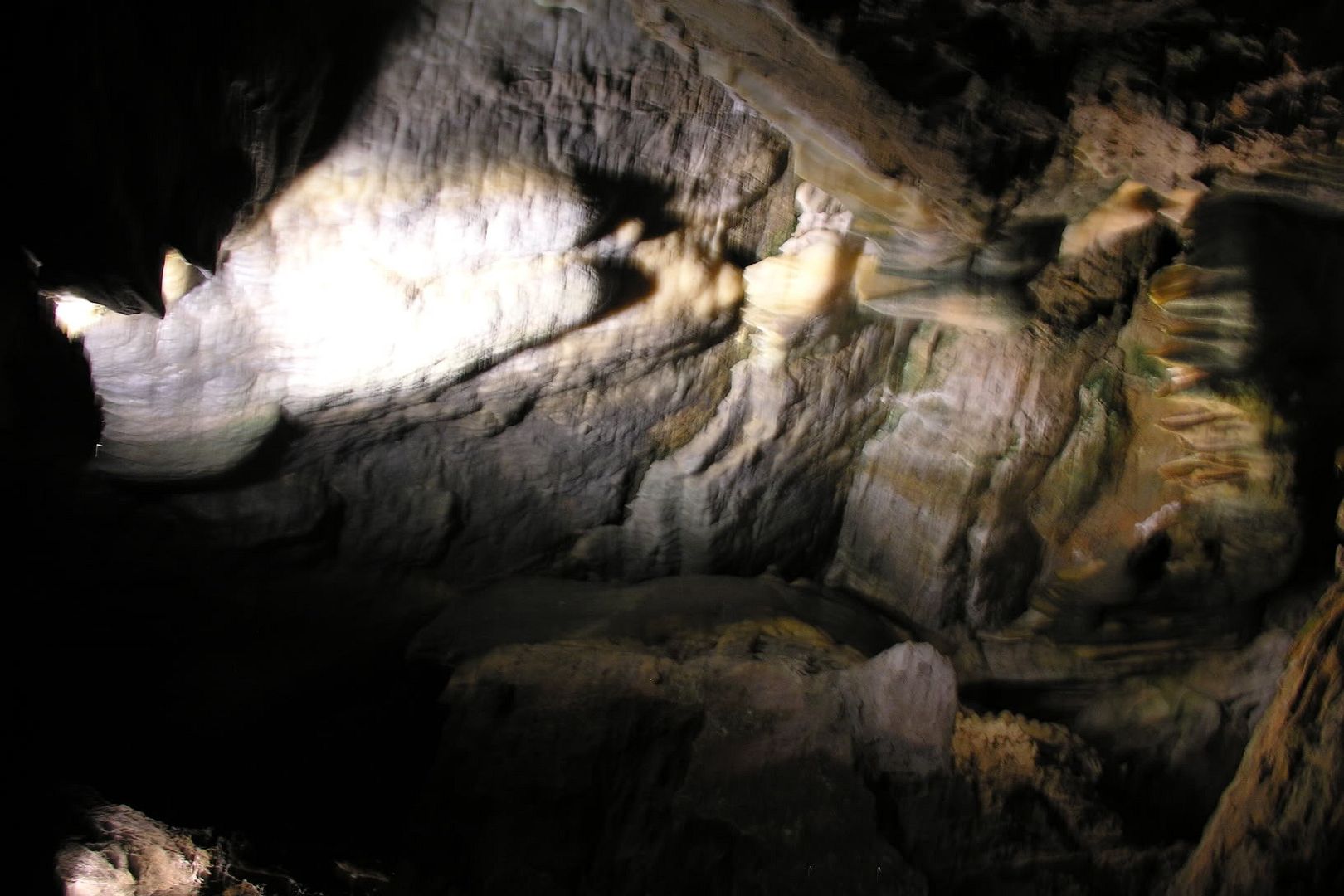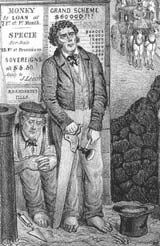Author's posts
Mar 03 2008
MSNBC Covered Native American Issues Last Tuesday…
At approximately 10:12 p.m. last Tuesday MSNBC covered Native American issues after the presidential debate. “It’s high time we started covering these critical concerns affecting American Indians that are in our own back yard at least as much as we cover what happens across the ocean in other countries,” one MSNBC commentator said. I couldn’t believe my ears as to what they said next.
Feb 24 2008
Apology or the Willingness to be Unwilling?
If link is still down see here
The Consolidated Indigenous Shadow Report mentions “Racially Discriminatory Constitutional Foundations” and “The Denial of Human Rights and Fundamental Freedoms in the Political, Economic, Social, Cultural, or any Other Field of Public Life.” I have found a couple videos that I think will clarify those two things in order. The first is from a clip from a movie entitled “Broken Treaties,” and the second is a movie trailer entitled “Broken Promises: Indian Trust.”
Feb 24 2008
Shadow Report: “Indian Reservation Apartheid”
Consolidated Indigenous Shadow ReportIII. Indian Reservation Apartheid
“Apartheid” is certainly a strong word. And certainly, there are recognized tribes in the U.S. that are now achieving certain levels of relative prosperity primarily due to federal law allowing them to operate casinos, But the data contained in this section as well as others in this report (see, e.g., Violence Against Women, The Right to the Highest Attainable Standard of Health) reflect what only can be described as a system of Apartheid on many Indian Reservations, where Indigenous people are warehoused in poverty and neglect. By purpose or effect, their only option is forced assimilation, the abandonment of their land, families, language and cultures in search of a better life.
Feb 22 2008
Continuing “The Genocide of Matriarchal Societies”
I wrote The Genocide of Matriarchal Societies in April of last year (2007), and there is some additional information I want to share along those general lines now. We’ll pick up where we left off and the answer to “Where Are All Your Women” will be made chillingly clear as to why they are “Missing In Action” after we recognize that a woman is set to be beheaded for “practicing witchcraft.” First however, we will reread the words of Archie Fire Lame Deer and relish in the scholarship of Barbara Alice Mann.
Feb 21 2008
“Stereotypical Elements (that) appear… in Athletic Contests”
However, nowhere does the insensitive misuse of American Indian images, icons, and stereotypical elements appear more brashly than in athletic contests at the public high school level in Oklahoma.
Savage Country: American Indian Sports Mascots Part One
Feb 20 2008
“…Like She was Raped without Penetration” (Updated)
The woman who was forcibly strip searched and thrown naked into a cell wanted this to be shown in order to prevent it from ever happening to anyone again. I am assuming that part of the justification for wanting it to be shown is to ask difficult questions; so, I’m thinking of the questions she might want asked as I watch this horrific violation of her rights again. I’m not looking forward to watching this again. In fact, I dread it.
The story may be hard to watch, but the victim and her husband want me to show you what happened – in hopes that you and those you love will never experience a night like this.
Feb 13 2008
Custer Wannabes Happy about Pipeline & Black Hills (Update)
Custer’s Pipeline & Genocide DenialGenocide denial is part of the steel that drills the oil in “Custer’s Pipeline,” is part of what moves the pens making lying papers that are stealing and have stolen the promised sovereignty of American Indians, and what makes the modern day Custers feel joy when they succeed and rage when they fail.
Looks like the modern- day Custers are feeling a little joy lately.
Feb 09 2008
McCain Instrumental in Removing Dineh-Navajo Tribe
How does history repeat itself? Let’s count some of the ways.
One.
The Indian Removal Act was signed into law by Andrew Jackson on May 28, 1830, authorizing the president to grant unsettled lands west of the Mississippi in exchange for Indian lands within existing state borders. A few tribes went peacefully, but many resisted the relocation policy. During the fall and winter of 1838 and 1839, the Cherokees were forcibly moved west by the United States government. Approximately 4,000 Cherokees died on this forced march, which became known as the “Trail of Tears.”
Two.
Feb 03 2008
Which Candidate Best Supports Native American Concerns (Updated & Edited)?
I posted this before, but now that there are two candidates left to chose from and I vote Tuesday; I wanted to acquire as much additional information as I could before voting.
Garcia pushes for IHCIA in State of Indian NationsNational Congress of American Indians President Joe Garcia on Thursday called on Congress to pass the long-overdue Indian Health Care Improvement Act.
– snip –
The last time the Senate considered the bill, it was derailed by last-minute objections from the Department of Justice. A “white paper” that outlined constitutional issues was used by Republicans to delay passage in September 2006.
I feel less than optimistic about Native American concerns. The recent year has been very difficult and heartbreaking. Since it’s a long list, I will summarize what I am aware of by saying that vital Native American concerns failing within the courts and within congress are far outweighing Native American concerns succeeding within the courts and within congress. So, I will be direct in what I want.
Feb 03 2008
The Panic of 1837, Climate Change, & Hoping for Peace
Martin Van Buren was better at acquiring presidential power than using it for himself. Van Buren was elected president in 1836, but he saw financial problems beginning even before he entered the White House.
Jan 19 2008
“Dead Indian Creek” & Cultural Hegemony
Why say “Dead Warrior Creek,” when racism fuels cultural hegemony so well?
The official name now is Dead Warrior Lake, ending for some a controversy over the lake’s name that has been going on for almost a decade.
– snip –
The first settlers in the area came up with the name after discovering a Cheyenne burial site. Cottonwoods that lined the creek made for a perfect burial site near the tribe’s winter camp.



